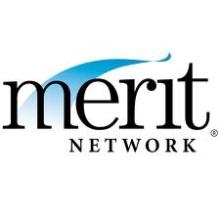
Fast, affordable Internet access for all.

The nonprofit Merit Network, Inc., of Michigan, started in 1966 as a way to provide networking help to the state's research and educational facilities across the state. Over the years, the organization has kept up with the times and is now spearheading the Rural, Education, Anchor, Community and Healthcare - Michigan Middle Mile Collaborative (REACH-3MC II) project.
The project will bring connectivity to community anchor institutions and underserved rural communities in the Upper and Lower Peninsulas. The exentive fiber project is funded with two Broadband Technologies Opportunities Program (BTOP) grants totaling $103.2 million. When completed, Upper and Lower Michigan will house an additional 2,287 miles of fiber.
Matt Roush recently reported on the project, which is well underway in Monroe County in the southern part of the state. Roush brought news about installation of telecommunications huts, an early step in expanding the network into northern Michigican. From the article:
REACH-3MC will connect 105 community anchor institutions as the network is built and will pass 900 more over time. Led by Merit Network, REACH-3MC includes sub-recipients from the private sector to make broadband readily available to households and businesses that lack adequate service options in the 52 counties that make up the project service area.
For more details on the project, including a map of the proposed routes, follow this link to a PDF of the project overview.
